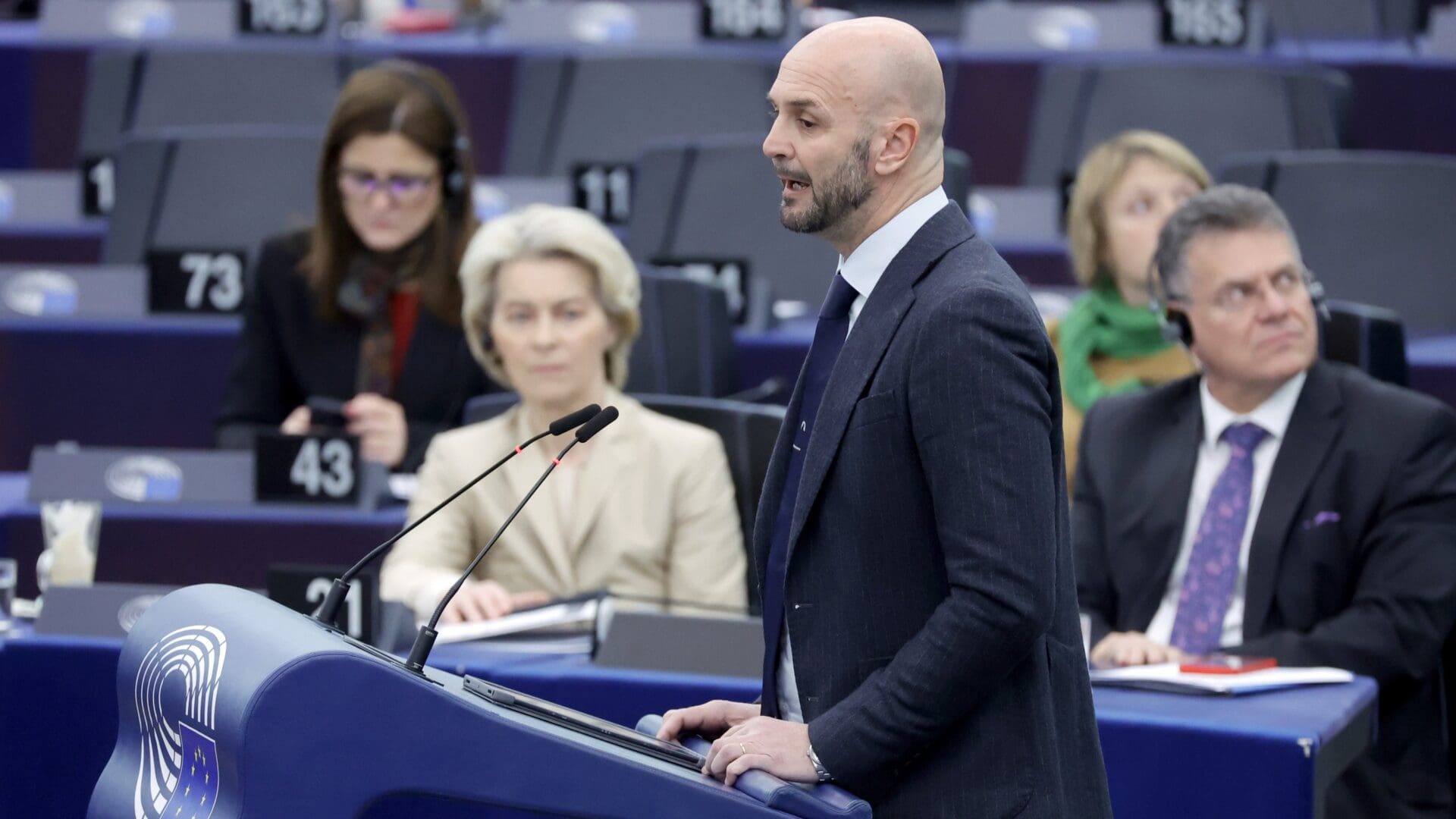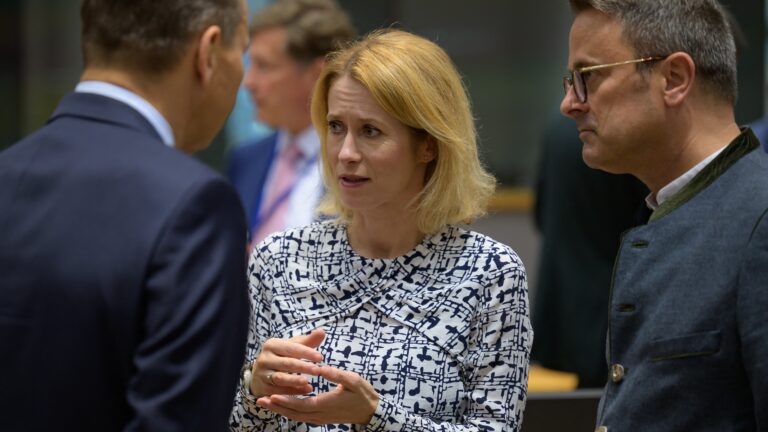Frenchman Éric Zemmour’s patriotic and anti-immigration party, Reconquête, has joined the European Conservatives and Reformists (ECR) in the European Parliament, which also includes representatives of the Italian Prime Minister, Georgia Meloni’s Brothers of Itali (Fratelli d’Italia) and the Polish Law and Justice (PiS), led by Jarosław Kaczyński. Hungarian Prime Minister Viktor Orbán recently stated that after the European elections in June, 12 representatives of Fidesz may also join the national–conservative and Christian political group.
The European Conservatives and Reformists (ECR) group in the European Parliament, which previously had 68 members of the European Parliament, expanded to 70 members after the French party Reconquête, characterized by the name of anti-immigration and anti-Islam journalist and polemicist Éric Zemmour, joined the conservative political group. This step also benefits Reconquête, which can strengthen its visibility in France before the important vote and is currently measured by opinion polls at around five per cent. And if the surveys are not wrong, the French party may gain a total of six seats in the European Parliament in the summer. Marion Maréchal, their list-leading candidate, also made her party’s intentions clear: they want more weight for the conservatives and a say in the appointment of the president of the European Commission.
The ECR, which includes Poland’s Law and Justice (PiS) led by Jarosław Kaczyński and the ruling Brothers of Italy led by Georgia Meloni, is currently the fifth-largest party with 67 representatives in the European Parliament. However, polls cited by Brussels-based POLITICO show that the conservative group could increase by around 18 seats in the June European Parliament elections, which would make the ECR the fourth largest party in the parliament, surpassing both the Greens and the liberals.
According to Italian press reports, on the margins of the latest EU summit
Viktor Orbán indicated that Fidesz is also ready to join the ECR after the elections.
The move would significantly swell the ranks of the ECR, considering that Fidesz is projected to win 14 seats (of Hungary’s 21), sending quite a sizable delegation to the European Parliament.
POLITICO has suggested that even if the centre-right European People’s Party (EPP)—currently tipped to come first in the election—refuses to form a governing coalition with the ever more powerful conservative parties, there is still a significant chance the nationalists will, for the first time, be able to influence Europe’s policy agenda.
However, there are already those who would prevent the ECR from including Fidesz in its ranks: the Italian newspaper Corriere della Sera, citing parliamentary sources, wrote that the European People’s Party believes that it would be a serious obstacle to the cooperation of the centre-right in the European Parliament if the ECR merged with Fidesz.
Another right-wing representative group, Identity & Democracy (ID), would also like to see the Hungarian ruling party in its ranks.
Last week, in an interview given to Euractiv, the group’s vice-president Gunnar Beck stated that
they would welcome Fidesz with open arms.
The Hungarian ruling party has important allies in the ID group; for example, the representatives of the National Rally (RN) party, hallmarked by the name of the former French presidential candidate Marine Le Pen, and Lega, led by former Italian deputy prime minister Matteo Salvini.
ID, currently the sixth largest of the seven parties in the European Parliament, is forecast to win up to 40 seats in the June elections, which would see it jump to the third place currently held by the Liberals.
According to a survey by the European Council on Foreign Relations, the ECR and ID groups together may end up accounting for 25 per cent of MEPs, and have more seats combined than the EPP or the Socialists & Democrats for the first time in their history.








